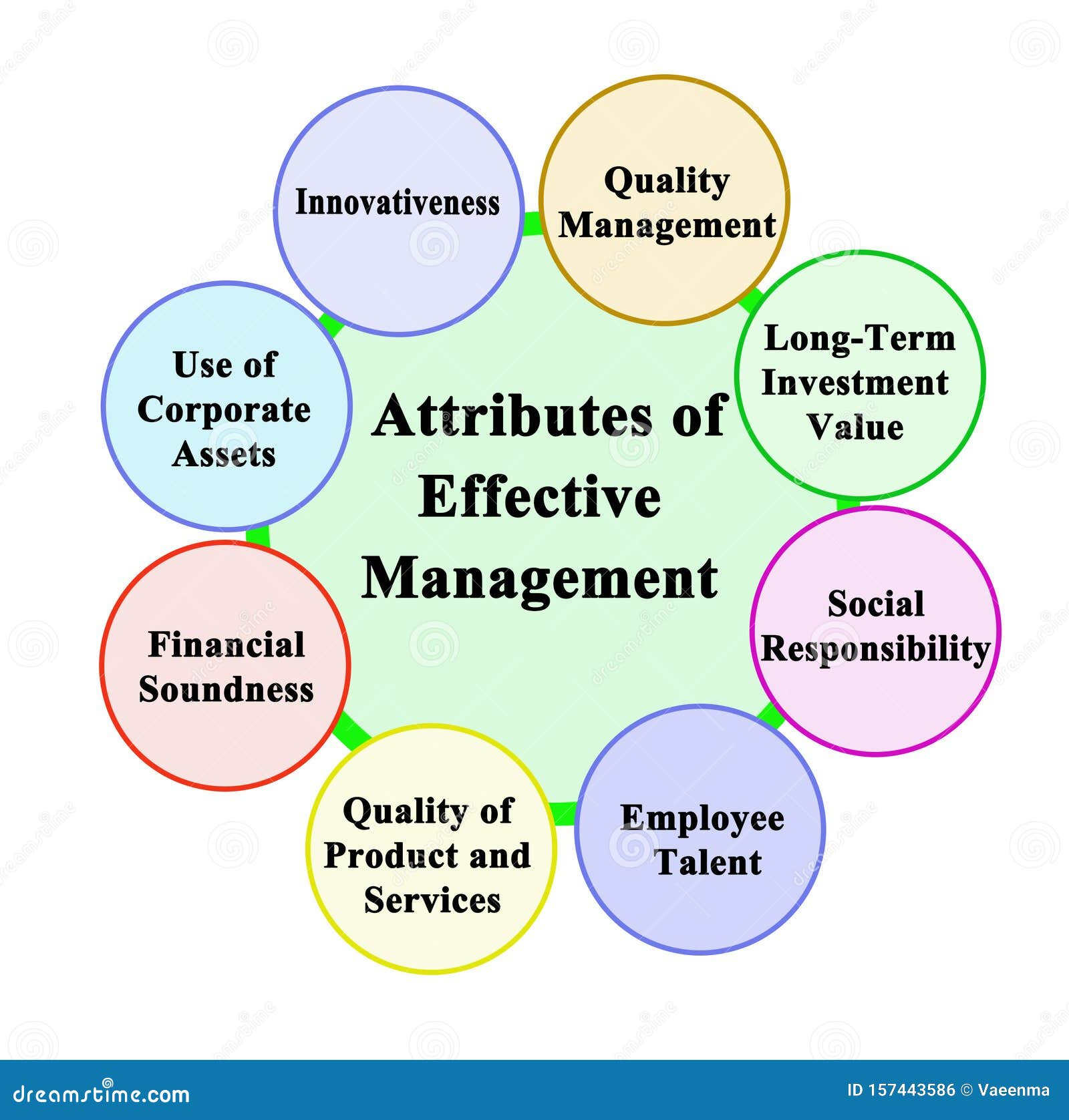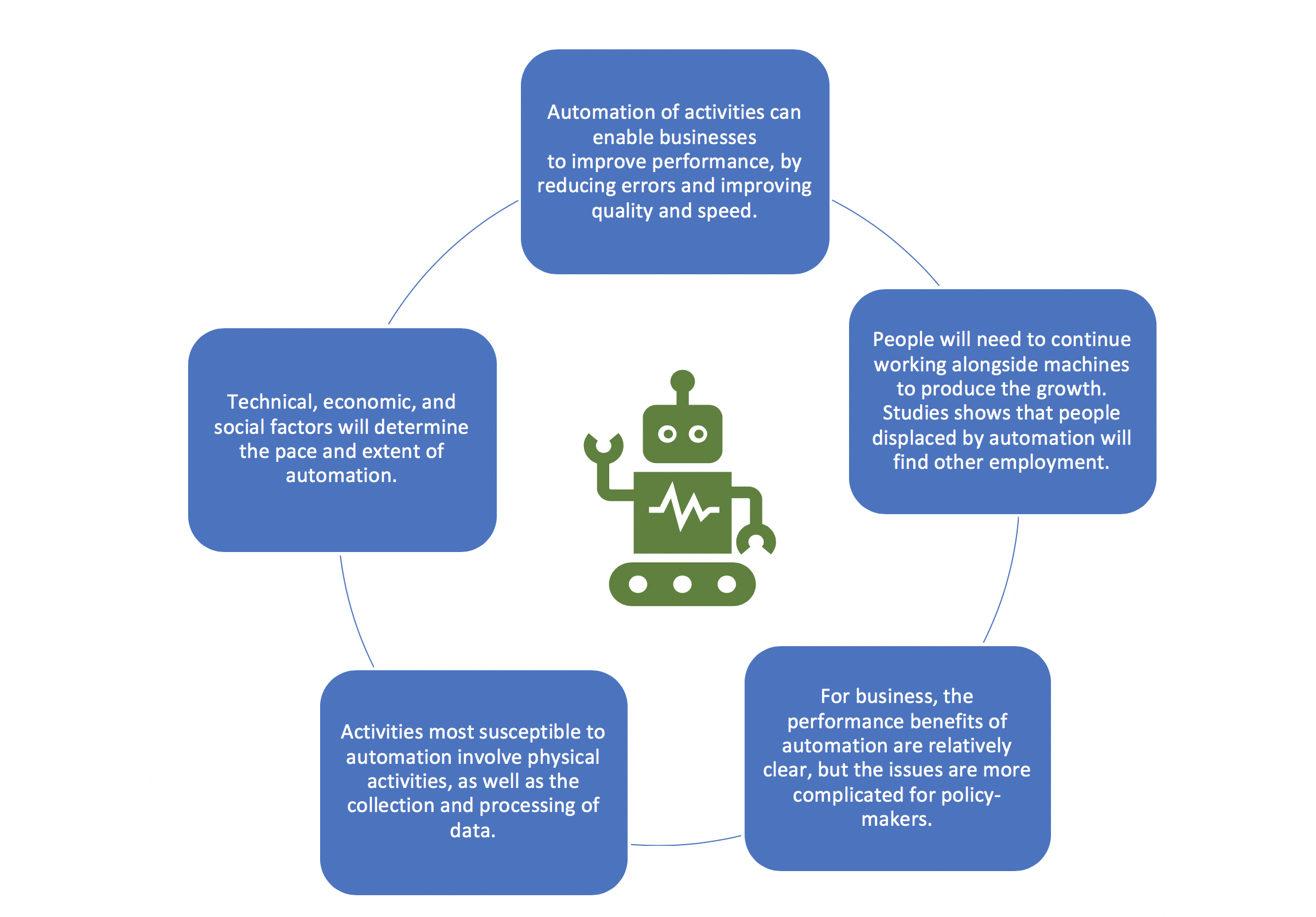Effective management is a cornerstone of organizational success, playing a crucial role in guiding teams toward achieving strategic goals. In today’s dynamic work environment, understanding the qualities of a good manager can significantly impact a company’s performance and employee satisfaction. Research has shown that effective managers possess unique leadership skills that go beyond traditional metrics such as age or experience. These skills include the ability to facilitate psychological safety and ensure effective communication, which are essential predictive measures for managers. As we delve deeper into the importance of management skills, it becomes evident that selecting the right individuals for managerial roles is crucial for fostering a productive workplace.
When discussing successful leadership within organizations, various terms can encapsulate the essence of effective management. Terms such as organizational leadership, team guidance, and strategic oversight all highlight the critical functions that managers fulfill in navigating complex business landscapes. It’s not merely about achieving objectives; effective leaders are adept at fostering collaboration and aligning their teams’ strengths with the organization’s goals. Choosing the right individuals for these pivotal roles is paramount, as strong managerial skills drive efficiency and productivity. As we explore this topic further, we will uncover the intricate balance of interpersonal capabilities and analytical prowess essential for success.
The Essential Qualities of a Good Manager
Good managers embody a diverse array of qualities, making them a rare find in today’s workplace. Key among these traits are strong interpersonal skills, which involve the ability to connect with team members on a personal level. Managers must foster an environment of psychological safety where employees feel valued and comfortable expressing their thoughts and feedback. These traits create an atmosphere of trust, which is crucial for effective management as it leads to enhanced team communication and collaboration.
In addition to interpersonal skills, good managers must possess analytical capabilities, allowing them to assess situations critically and strategically. Managers need to be adaptable, willing to explore different methods of leading and guiding their teams towards achieving organizational goals. Being strategic is also fundamental; managers must have a clear vision of what their organization aims to achieve and be adept at reallocating resources effectively. The combination of these qualities, though challenging to find in one individual, is vital for any manager aiming for long-term success.
Choosing Effective Managers: Identifying Key Indicators
Selecting the right individual for managerial roles goes beyond traditional methods like evaluating personality traits or prior experience. Recent research underscores the importance of relying on predictive measures that are closely tied to actual performance outcomes. Two significant indicators identified are cognitive abilities, such as IQ, and economic-decision-making skills. These measures focus on an individual’s capability to solve problems and make sound decisions under pressure, directly correlating with their ability to lead a team effectively.
Organizations seeking to enhance their management selection processes must shift their focus from merely assessing personality preferences to adopting more scientific approaches. Implementing systematic evaluations that highlight cognitive skills and resource allocation abilities can yield significant improvements in choosing the right managers. This shift not only ensures the selection of candidates capable of fostering team success but also aligns managerial practices with the dynamic demands of the modern workplace.
The Critical Role of Leadership Skills in Management
Leadership skills form the backbone of effective management, influencing how a manager navigates team dynamics and organizational challenges. Good leaders inspire and motivate their teams, often leading by example. They possess the ability to communicate vision and goals clearly, ensuring that team members are engaged and aligned with the organization’s objectives. Furthermore, competent leaders regularly evaluate team performance, providing constructive feedback that enhances both individual and collective outcomes.
However, possessing leadership skills is not just about being vocal or charismatic. Sometimes, the most effective leaders are those who listen, observe, and empower their teams. They focus on understanding the unique strengths and weaknesses of each member, leveraging these to maximize performance. By recognizing the importance of leadership skills in the context of effective management, organizations can foster a culture that nurtures exceptional managers who contribute to overall success.
The Importance of Management Skills in Today’s Workplace
Management skills have become increasingly vital in today’s fast-paced and complex work environment. As organizations face rapid changes and evolving challenges, the role of the manager has expanded beyond traditional functions. Effective management skills enable managers to make informed decisions, prioritize tasks based on organizational objectives, and allocate resources efficiently. This adaptability is crucial for participation in competitive markets where agility and responsiveness can determine success.
Furthermore, good management positively impacts company culture and employee satisfaction. Managers who demonstrate empathy, encourage professional growth, and create a supportive work environment contribute to lower turnover rates and higher morale. As a result, the focus on developing robust management skills should be a top priority for organizations aiming to thrive in the contemporary business landscape.
Evaluating Predictive Measures for Identifying Managers
Identifying predictive measures that correlate with successful management is essential for organizations aiming to improve their selection processes. Research has highlighted cognitive intelligence and economic-decision-making skills as strong predictors of managerial effectiveness. These metrics offer a more accurate framework for assessing candidates compared to traditional approaches that often rely on personality traits or previous experiences.
By focusing on these predictive measures, organizations can streamline their hiring processes and mitigate the risks associated with poor management selections. This scientific approach not only enhances the accuracy of management hires but also cultivates a more skilled leadership core within the organization, ultimately leading to improved productivity and employee engagement.
Understanding the Relationship Between Personality and Management Effectiveness
The relationship between personality traits and management effectiveness is often misinterpreted. While many organizations prioritize characteristics like charisma or past experience in their leadership selection processes, recent studies indicate that these traits do not necessarily predict effective management outcomes. A bias towards individuals who express a desire for leadership can detract from selecting those who genuinely possess the necessary skills for the role.
Evaluating candidates through a lens of substantive skills rather than superficial qualities can lead to better management selections. It is essential to understand that good managers often display a mix of humility and capability, challenging the stereotype that all effective leaders must be extroverted or assertive. Organizations that refine their hiring criteria to prioritize skills related to effective management will reap the rewards of enhanced performance and a more productive workplace.
The Value of Psychological Safety in Management
Creating psychological safety within a team is fundamental for effective management. This concept refers to an environment where employees feel safe to communicate openly without fear of negative consequences. Managers who cultivate this safety enable their teams to thrive, fostering creativity and innovation as team members feel comfortable sharing ideas, asking questions, and admitting mistakes.
Implementing practices that promote psychological safety requires commitment from managers to prioritize open communication and encouragement. As teams become more comfortable and cohesive, they can better navigate challenges and make collective decisions. Emphasizing psychological safety is not just a management tactic; it is a strategic advantage that leads to higher employee satisfaction and better overall organizational performance.
Strategic Resource Allocation: A Manager’s Key Skill
Effective resource allocation is a cornerstone of successful management. Managers must evaluate how to best allocate time, finances, and personnel to meet organizational goals. Effective managers possess a strategic vision that enables them to align resources with the shifting needs of the organization, ensuring that projects move forward efficiently and effectively.
Moreover, skilled resource allocation fosters collaboration and empowers team members. Managers who understand their team’s strengths and weaknesses can delegate tasks appropriately, maximizing productivity. This ability to strategically position resources can make a significant difference in a team’s overall success and is one of the critical skills that set the best managers apart from the rest.
Leveraging Analytical Skills for Management Success
In the modern workplace, analytical skills are essential for effective management. Good managers must be able to interpret data, assess team performance, and make data-driven decisions. An analytical mindset allows managers to address problems proactively, foresee potential challenges, and adjust strategies accordingly. This skill not only contributes to successful outcomes but also builds trust among team members.
Furthermore, analytical skills help managers evaluate the efficacy of their leadership styles. By leveraging feedback and performance metrics, they can adapt their approaches to suit the needs of their teams better. In this way, cultivating analytical skills is essential for managers who aim to foster an environment of continuous improvement and sustained organizational success.
Frequently Asked Questions
What qualities of a good manager contribute to effective management?
Effective management requires a blend of interpersonal skills, analytical abilities, and a strategic vision. Good managers are adept at creating psychological safety, communicating effectively, and reassessing team dynamics to ensure optimal performance.
How can organizations choose managers to ensure effective management?
Organizations should prioritize selections based on measurable qualities like IQ and economic-decision-making skills rather than traditional preferences such as personality traits or age. This approach leads to more effective management outcomes and better team performance.
What are the leadership skills necessary for effective management?
Key leadership skills for effective management include the ability to inspire and motivate teams, delegate tasks appropriately, and make informed resource allocation decisions. Managers should also possess strong communication skills to foster collaboration and feedback.
What predictive measures should be used for identifying potential managers?
Organizations should utilize IQ assessments and economic-decision-making skill evaluations to predict managerial effectiveness. These measures correlate more closely with actual performance than personality traits or prior experience.
Why is effective management important in today’s organizations?
Effective management is critical for navigating complex challenges and prioritizing tasks within organizations. It directly impacts resource allocation, team dynamics, and overall organizational success, ultimately leading to improved productivity.
How do interpersonal and analytical skills play a role in effective management?
Interpersonal skills enable managers to relate well to their teams and create a supportive environment, while analytical skills help assess situations critically and make informed decisions. Both are essential for effective management.
What role does psychological safety play in effective management?
Psychological safety fosters an environment where team members feel secure to voice opinions and provide feedback. This is crucial for effective management as it encourages open communication and continuous improvement.
Can effective management skills be scientifically measured?
Yes, effective management skills can be measured through structured assessments and experiments. By evaluating performance across various scenarios, organizations can identify effective managers with greater accuracy.
How does the selection process for managers impact effective management?
The selection process impacts effective management by determining who leads teams. By choosing managers based on evidence of their skills rather than preferences, organizations can enhance team effectiveness and overall performance.
What is the difference between wanting to be a manager and being an effective manager?
Desiring to be a manager does not guarantee effectiveness. Effective management relies on demonstrated skills and capabilities that are often unrelated to one’s ambition, highlighting the importance of structured evaluation methods.
| Key Points | Details |
|---|---|
| Challenge of Finding Good Managers | Good managers possess various qualities that don’t always coexist, leading to difficulty in identifying them. |
| Common Selection Criteria | Companies often rely on personality, age, or experience rather than effective measures. |
| Preferred Leadership vs. Actual Performance | Those who want to lead often perform worse than randomly assigned managers due to overconfidence. |
| Key Predictors of Effective Management | Two main indicators: IQ (Raven’s Progressive Matrices test) and economic-decision-making skill. |
| Importance of Effective Management | Effective management is essential for organizations to navigate strategic landscapes and prioritize resources. |
| Method for Identifying Good Managers | A controlled experiment can assess managerial skills directly rather than relying on ambiguous traits. |
| Impact on Organizational Productivity | Adopting scientific methods for selecting managers can significantly enhance productivity. |
Summary
Effective management is essential for organizations to thrive in today’s complex environment. The research indicates that key predictors of manager effectiveness extend beyond superficial traits such as personality or age, instead focusing on cognitive and resource allocation skills. By understanding these metrics, organizations can enhance their selection processes and ultimately foster a more productive and effective management structure. This approach can empower companies to prioritize the right individuals for leadership roles, ultimately leading to improved performance and success.



